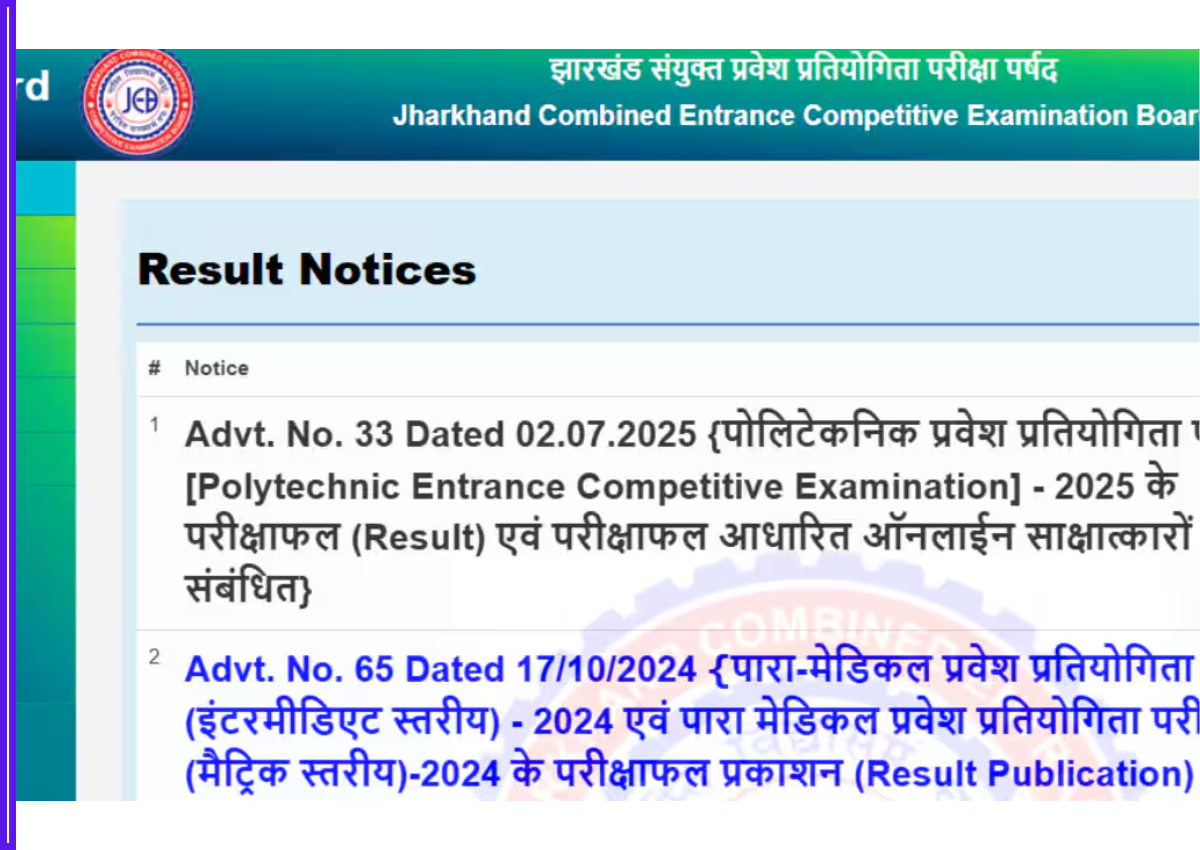Many inspirational stories of courage, willpower, and unwavering enthusiasm can be found in the world of sports. One such tale is Rani Rampal, a name that is closely associated with Indian women’s field hockey. She rose from the back alleys of Shahbad, Haryana, to become the captain of the Indian women’s national hockey team, which is a monument to her unflinching commitment and steadfast spirit.

Early life
In the little village of Shahbad, Rani was born on December 4, 1994, into a modest family. She had a lot of difficulties from the start because she was raised in a poor home. However, her passion for hockey sparked something that would ultimately illuminate her road to success. The diminutive Rani would pursue her aspirations tenaciously while utilising borrowed gear and playing on unlevel fields, all while using a hockey stick that was almost as tall as she was.
Overcoming Obstacles
Rani Rampal, the captain of the Indian women’s hockey team, may have developed her resolve to play every game she has played for her country to the very end due to her childhood in a poor family that couldn’t even afford two square meals a day. She had to consume milk that had been diluted with a lot of water in order to meet her nutritional needs.
In Shahabad Markanda, Haryana, Rani’s father pulled carts and was unable to financially support her decision to pursue a career in hockey. However, the daughter persevered in her ambition to represent the nation, sprinting about in a salwar kameez rather than a track suit and practising with a broken hockey stick.
Since she was 14 years old, Rani, who began playing hockey at the age of six, has served as the team’s backbone. She competed in her first senior World Cup that year, 2010, and led India in scoring with seven goals, earning the title of “Young Player of the Tournament.”
However, her accomplishment is the result of years of tremendous struggle with life when her mother worked as a housemaid and her father drove a cart, and their combined daily income was less than Rs 100.
“I want an escape from my life, from the lack of power, the insects buzzing in our ears while we sleep, the inability to eat more than two square meals per day, and the flooding of our home during heavy rain. My parents did their best, but there was only so much they could do because my mother worked as a maid and my father as a cart puller, Rani had previously told Humans of Bombay in an interview.
Since there was a hockey academy close to my house, I would spend hours watching players train. Papa couldn’t afford to buy me a stick despite making Rs 80 every day. Every day, I’d ask the coach to teach me too. He’d reject me because I was malnourished. He’d say, ‘You aren’t strong enough to pull through a practice session.’
I started practising with a broken hockey stick I found on the field because I didn’t have any practice gear, so I was wearing a salwar kameez. But I was determined to prove myself. I begged the coach for a chance — maine bahut mushkil se convince kiya unko finally (I managed to convince them with great difficulty),” said Rani.
There were many obstacles along the way, including Rani’s family’s opposition to her participating in the sport.
“When I told my family (that she wanted to play hockey), they said, ‘Ladkiya ghar ka kaam hi karti hai,’ and ‘hum tumhe skirt pehen kar khelne nahi denge (Girls only do household work and we won’t allow you to play in skirts)’. I’d plead with them saying, ‘Please mujhe jaane do (let me play). If I fail, I’ll do whatever you want.’ My family reluctantly gave in.”
“My coach helped me through it all; he would purchase me hockey equipment and shoes. He even let me stay with his family and provided for my food requirements. I’d train hard and wouldn’t miss a single day of practice.
“I recall receiving my first paycheck; I gave my father the Rs. 500 I received after winning a competition. Never before has he held so much money in his palms. I promised my family that we would have our own home one day, and I did everything in my ability to make that promise come true.
“And then, in 2017, I carried out my pledge to my family by finally buying them a house. Together, we sobbed and hugged each other close.
Glory and Captaincy
As Rani rose through the ranks of Indian women’s field hockey, her skill showed clearly. She became the youngest player to ever represent India in the Olympics at the age of 15 thanks to her exceptional dribbling abilities, quickness, and game intelligence.
The journey of Rani wasn’t without its difficulties. She suffered numerous wounds that might have ended her career. Her tenacity helped her get through these trying times, though. She had arduous recovery but came out even stronger, inspiring both her teammates and her supporters.
Rani Rampal was given the privilege of coaching the Indian women’s hockey team in 2016. The squad had outstanding success while she served as captain, winning the 2017 Asia Cup and the silver medal at the 2018 Asian Games. For budding hockey players all around India, Rani serves as a role model thanks to her leadership skills and skill on the pitch.
When Rani Rampal took the Indian women’s hockey team to the 2021 Olympics in Tokyo, her goal was fulfilled. India’s women’s hockey team had its best-ever Olympic result as they advanced to the semifinals. Even though they didn’t win the gold, Rani’s efforts and leadership created a lasting impression on the international stage.
Final thoughts
From the barren fields of Shahbad to the Olympic stadium, Rani Rampal’s journey is one of unflinching resolve, unrelenting passion, and the bravery to face challenges head-on. She exemplifies the drive and determination of Indian women in sports, tearing down obstacles and raising the bar for performance. Rani Rampal is more than just a hockey player; she is a role model, a sign of hope, and an example of the strength of dreams. Her inspiring story serves as a reminder that everything is possible if you have tenacity and persistence, and that following your passion may take you all the way to the top.





